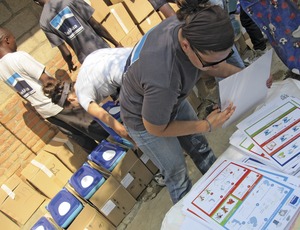
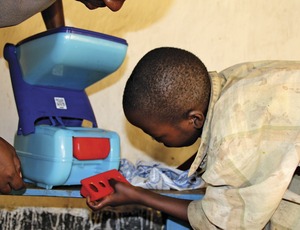
Engineers and sustainability experts are testing some high-tech approaches to bring improved water and air quality to millions of people in remote parts of Africa and, eventually, elsewhere in the developing world.
Water filters and cookstoves using special sensors developed at a U.S. university to monitor use and efficiency will be tested by 2,000 rural households next month in western Rwanda. By June, the user base could expand to 600,000. The estimated $60-million program is one of the first and largest to use U.N. carbon-emission-reduction credits as a funding source.
The effort is being mounted and funded by DelAgua Health & Development Programs, a new unit of a U.K.-based water-quality testing firm. Managing the Rwanda project is Manna Energy Ltd., a U.S. firm co-founded several years ago to combine innovative financing with engineering expertise to tackle chronic poverty in the developing world.
Manna co-founder Evan A. Thomas, now an assistant professor of mechanical engineering at Portland State University in Oregon, is leading the initiative. The filters and stoves will eliminate villagers' need to boil rural water and cook using local biomass, which has long generated significant pollution and deforestation in Rwanda.
"We anticipate this project will bring significant health improvements to these communities and demonstrate the potential to deploy and monitor international health programs like this on a very large scale," Thomas says.
About 500 filters and cookstoves will feature smart sensors developed in the university's Sustainable Water, Energy and Environmental Tech Lab (SWEETlab), of which Thomas is director. It is run in partnership with Portland-based Stevens Water Monitoring Systems.
Each sensor is powered by AA batteries and sends data through cell-phone networks to a web-based platform, where the data will be analyzed by engineering students who helped Thomas develop the technology. Dubbed "SweetSense," the sensors already are being used on other projects in Indonesia, Rwanda, India and Haiti.
"The sensors help us answer two questions: Do the stoves and filters work, and do people use them?" Thomas says, adding that similar projects rely on costly in-person spot checks, making it difficult to collect enough reliable data to prove success. In partnership with the university, Stevens Water and local entities, Thomas has received about $550,000 to develop and commercialize the remote sensors.
Under the U. N. Clean Development Mechanism, the Rwanda project will earn carbon credits that will be sold to repay the initial costs and finance long-term maintenance and expansion. Thomas says that with the necessary verification, the project won't earn credits until the end of 2013; but organizers are pre-arranging purchase agreements for the credits. He says an earlier Manna venture with Swiss firm Vestergaard Frandsen, distributed one million filters in Kenya and earned credits.
But the carbon-credit market is now weak due to global economic conditions and the uncertainties of greenhouse-gas reduction commitments, he says.
"The current price of the [credits] is significantly lower than 18 months ago, but it is hoped this price will increase as the global economy recovers from the recent financial crisis," says DelAgua CEO James Beaumont. "It affects our venture in that carbon revenues are significantly lower than those required to render the project commercially viable, so a number of additional measures have been taken by DelAgua to mitigate the effect of this."


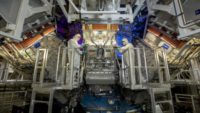
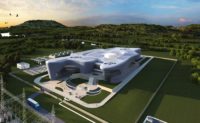
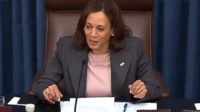
Post a comment to this article
Report Abusive Comment